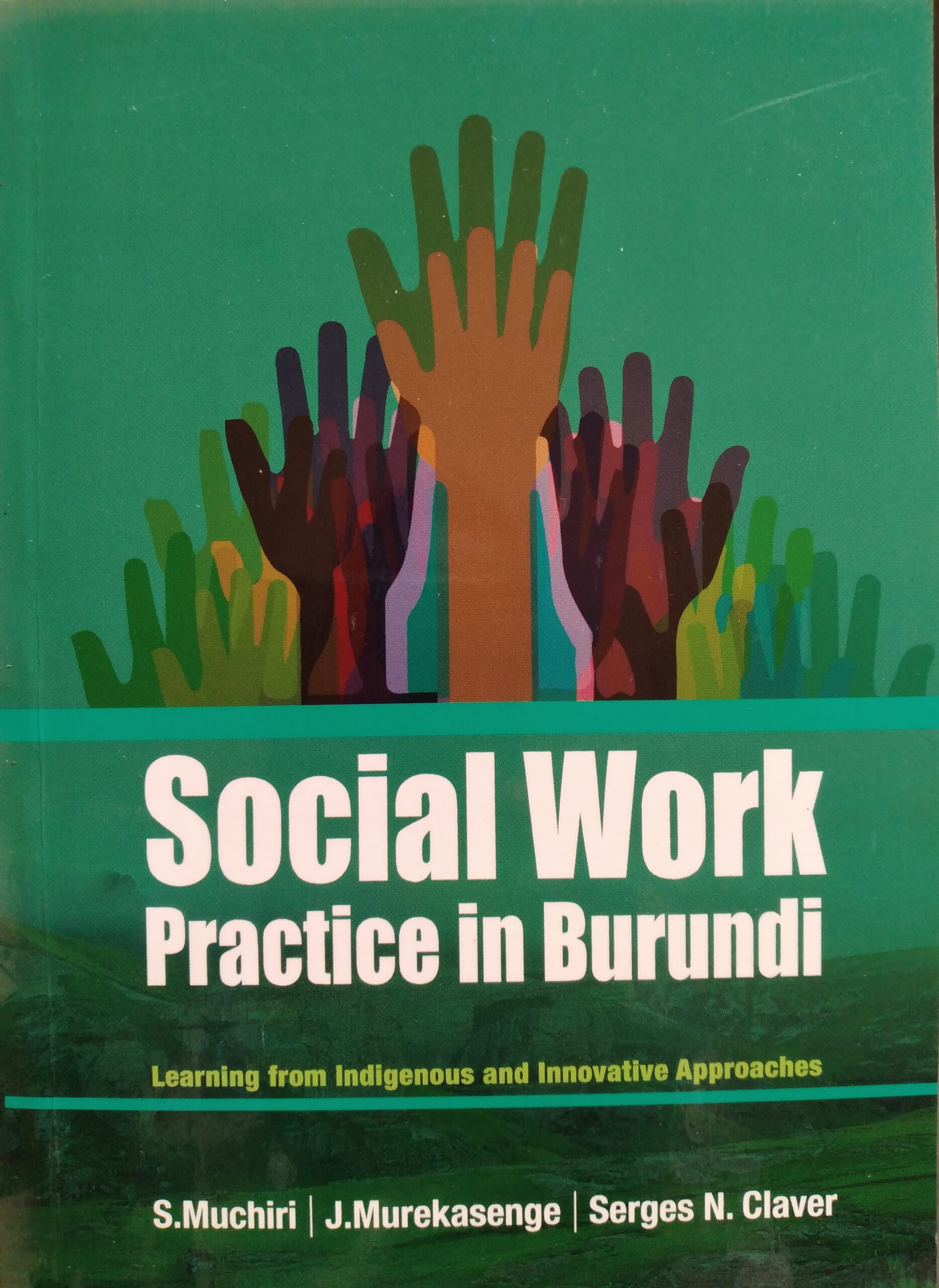- Members
- Global S W Docs
- Newsletter
- News
- Regions
- About Us
- Committees

Our partnership with a charity and a university in Burundi is going from strength to strength as it helps enhance our social work programme through learning about the best practices of social workers in East Africa.
This was demonstrated on a recent trip to visit Hope Africa University and the charity Social Action for Development in Burundi.
In early 2023 an International Association of Schools of social work event hosted at the University of Rwanda saw experts in social work meet to revamp the existing curriculum. Burundian colleagues were part of this consultation in partnership with Oxford Brookes.

The trip, funded by an Oxford Brookes Enterprise Award, saw Jill Childs, Principal Lecturer in social work, and Omar Mohamed visit Burundi to learn from people in East Africa. They took supplies of pens, lanyards, and much more as gifts for the people they work with in an ongoing partnership with SAD and Hope Africa University.
They also met students who are part of a buddying scheme between Oxford Brookes and Hope Africa which has been running for two years.
Omar visited the Amahoro School in Kabezi where he visited classes and met the children. Jill visited another school where she talked to the headteacher about the problems of children being hungry and the challenges of maintaining the school building.
More classroom space and a playground were needed at the school, but the teacher shared his hopes that, with the education they were getting, they would be able to grow up to make a valuable contribution to Burundi. He said he hoped some of them may even become teachers themselves.
They met people from the organisation SAD which aims to help children, families and communities in vulnerable situations to find comfort, enjoy rights and improve their living standards. The team consists of project managers, social workers, human resources, a psychologist, nurses, information data analysts, scientists and volunteers in the field. These workers focus on key issues around child protection, gender-based violence, developing communities, education, health, food security, and environmental protection.
It focuses on the concepts of bashingantahe, nawe nuze, and ikibiri. (Read more in the paper Learning from Ikibiri and Ubuntu to Decolonise Soical Work Research in Higher Education.) Bashingantahe relates to local leaders solving problems, which is often referred to as the chief or elders supporting the community to come together to solve a problem. Nawe nuze translates to ‘you are also welcome’ which relates to women who have always brought themselves together and involve themselves in women empowerment groups. This has often started with an economic need but can also become supportive to social needs. Ikibiri refers to coming together for mutual aid which is often taught in secondary schools in Burundi and relates to concepts such as ibikorwa rusange where on a Saturday, local leaders support the community to get involved in community development tasks. These concepts were further explored within SAD’s practices and work in the field.
The visitors learnt about SAD’s work with older, respected women in communities who are leaders who help handle conflict in families. If they can’t diffuse a situation they will escalate the issue to SAD or the authorities. Similarly they met ‘Green Girls’ who made charcoal together to sell at the market. Making and selling a product gives young women the chance to earn money from themselves and escape potentially volatile situations.
The ongoing partnership is part of a major project to decolonise the social work curriculum and learn from other cultures about best practice, ensuring that studying and working at Oxford Brookes University is an anti-racist experience.
